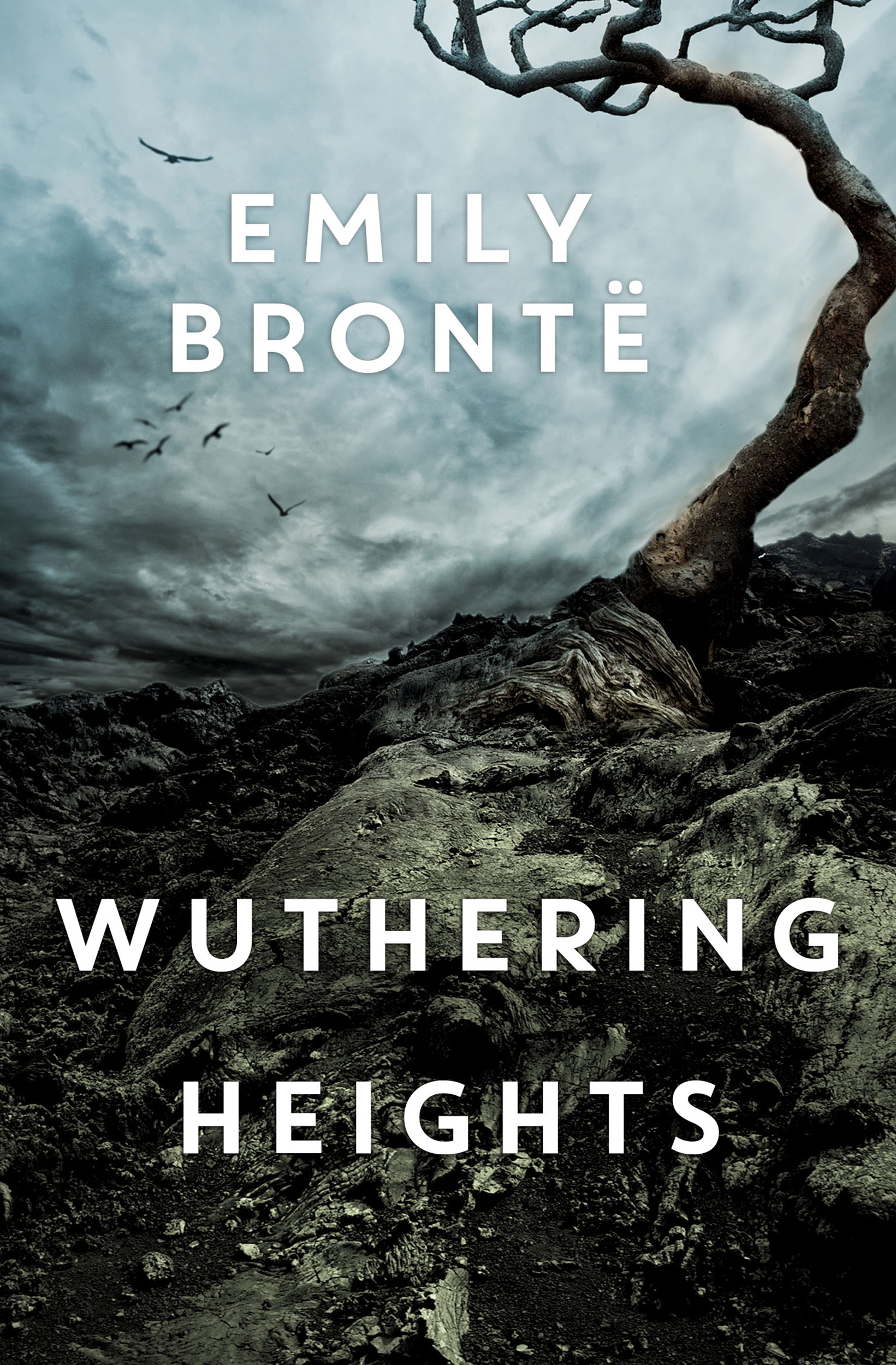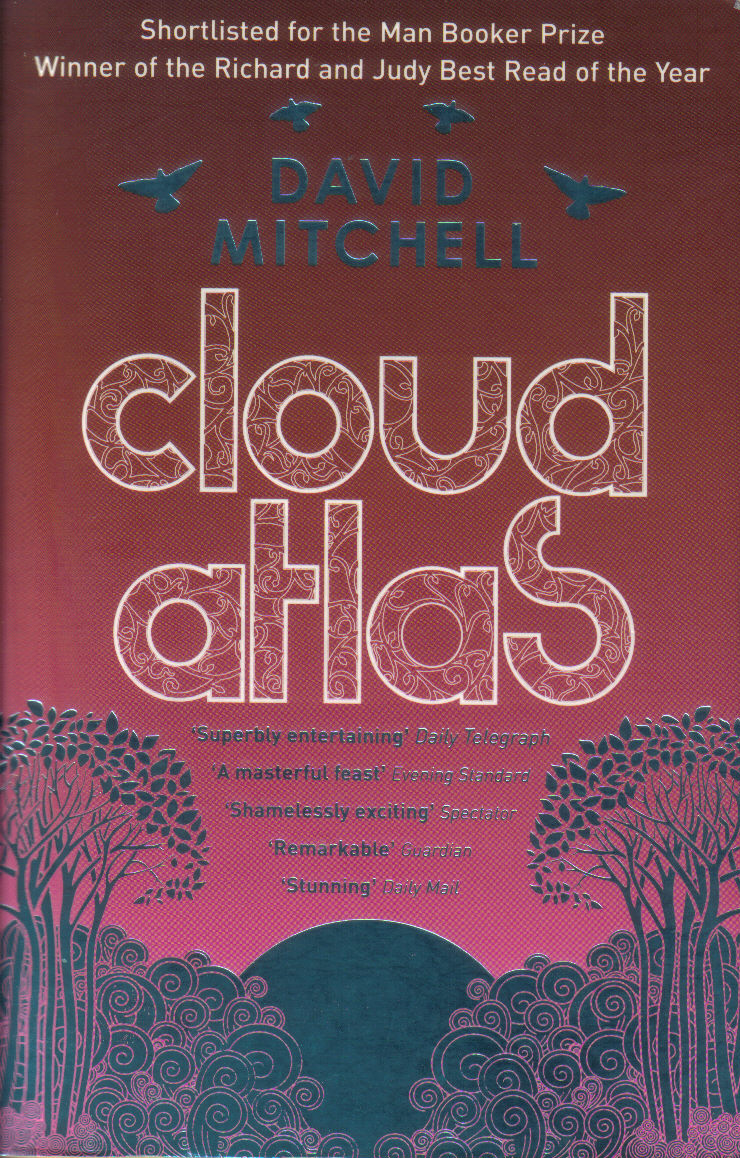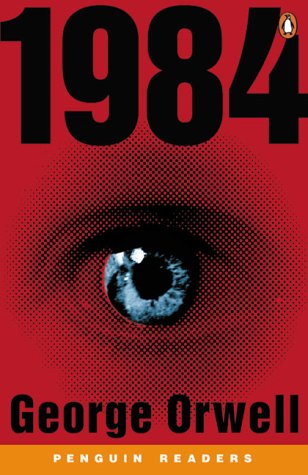Having attended several in-school mini-TeachMeet events during my second PGCE placement at Saltash.net Community College (incidentally a great format for whole staff CPD), this inaugural TeachMeet Devon (and yes, #TMDevon was indeed trending before the end of the evening!), hosted by Tavistock College and Gary King, was my first foray into such a gathering for teachers across a far wider geographical reach. And indeed, such was the quality of the presentations that I'm struggling to see how my notes from the two hour event are to be condensed into a manageable blog post...
The first speaker, and a treat for nerdy members of the educational Twitterati, was Mark Anderson (better known as
+ICTEvangelist ) who set the tone for the event as being to, in line with the thinking of John Hattie, provide 'lessons that are worth turning up to'. How might this be achieved? Two possible solutions come in the form of (1) stimulating intrinsic curiosity - or a sense of 'awe and wonder' and (2) following @CristaHazell's exhortation to 'be brave and give [the students] a chance' in terms of leading their own learning.
Students as Researchers
Tavistock Primary School has been undertaking research in the area of student leadership of learning and presented their findings to the question 'Will the development of student voice help to create a curriculum that will prepare students for the future?'. The very notion of student voice does seem to strike a divide in the edusphere - are the students themselves really best positioned to dictate, or indeed to know, what they need in order to best learn? In this study, the Primary students themselves were the researchers and investigated the development of a particular set of 'Skills for Success'. These skills, which chime nicely with our own school's 'Hele's Learning Habits', include
- resilience
- self-understanding
- risk-taking
- responsibility
- co-operation
By giving students the opportunity to present a piece of work in a format of their own choosing, the study sought to establish a link between enjoyment, which was assumed to be an inherent consequence of student voice input to the curriculum, and associated development of the Skills for Success. Following a self-assessment against the skills following the project, the findings were that the students perceived each skill to have improved with the enjoyment that they experienced. Clearly, this research is a single, isolated investigation and in some ways portrays a predictable outcome - it is a fair assumption that students would like to enjoy themselves - and therefore made no apparent accounting for the bias which has invariably skewed the findings. However, in terms of student motivation, the notion of choice and of differentiated outcomes certainly provides food for thought.
EduTech
It is one of my aims for next year to include more technology in my own classroom. The danger of course is to include technology for the sake of including it, but, done appropriately, I think that the benefits in terms of engagement and motivation - as well as for preparing students for a technology rich future - are apparent. Many ideas were provided during the TeachMeet - both by the afore-mentioned Mark Anderson but also by Phil Ruse (@WellsportsPhil). In order to avoid lengthy descriptions of each of these possibilities I seek only to list them here - with a brief description of how I have subsequently made an attempt at introducing one in my own practice.
 |
| Mark Anderson (@ICTEvangelist) demonstrating EdTech. |
First off, Mark shared
Kahoot.it which is a website for creating multiple choice quizzes which might be played by a whole class on their own personal internet-enabled devices. I do know of colleagues with whom I trained who have utilised this resource this year but this was the reminder, and proper explanation, that I needed. Certainly, though recall-style quizzing may seem to simply operate at a surface level of learning (and I wouldn't disagree entirely) in a brave new world of terminal assessments there seems to be a growing body of thought that intermittent testing of this sort may in fact be beneficial to longer term and deeper learning.
This post by Alex Quigley is enlightening on this topic.
The audience was encouraged to participate in our very own in-house 'Kahoot' and immediately a spirit of competition ensued as we all attempted to reach the top of the leaderboard - points are awarded for accuracy and speed of response. The next day I had a go at creating my own Kahoot to test my class's knowledge of the first chapter of Animal Farm which we were to read together at the beginning of the lesson. The quiz was very easy for me to create, fairly easy for students to join, and the motivation to succeed in the room was visible. This will certainly be a resource which I will look to use more and more next year. The link to my quiz is
here.
Most notably for me, and amongst other things, Mark also spoke about and demonstrated Post-it Note Plus (useful for organising seating plans) and Quivar (an intriguing and visually spectacular resource for animating text and pictures - perhaps a way of bringing creative writing to life?). Both are well worth further investigation.
Later on, Phil Ruse provided us with '6 Quick Lesson Hacks' - many of these also utilised EduTech and are as below:
- icould.com - provides short clips on careers and transferable skills
- plenary placemats - a different activity might be chosen to stimulate group talk at the end of lessons or at appropriate points
- Fakebook (from Classtools.net) - for creating fictional social profiles
- explicit self-help strategies (i.e. literacy mats) - develops student independence
- ReviewIt Wheel (from +Amjad Ali (ASTSupportAAli)) - a range of formats for students to recap their learning in a particular lesson (see below)
- silent movies - stimulates the writing of internal dialogue/scripts
Questionless Questioning?
At these quickfire events, what I look for most eagerly are the ideas which are easy to incorporate into lessons almost immediately, whilst providing tangible benefits to the learning of my students. For this reason, Toby French's (@MrHistoire) presentation on Statements vs. Questions was one of my personal highlights. He began by expounding his perceived problems with classroom questions. In essence, they waste time, are inefficient, and are, too frequently, of poor quality, resulting in surface level yes/no responses rather than leading to deeper critical thought.
Usefully, Toby provided a solution. Instead of spending time reformulating previously used questions, why not instead discuss and compare 'mutually compatible statements'? By evaluating the relative merits and drawbacks of each, we might hope to provoke more nuanced and considered responses. And indeed, the teacher is encouraged to stay in the margins of the discussion - 'all we need to do is garner opinions and justifications',
 |
| My first foray into questionless questioning relating to Animal Farm - discuss the extent to which you agree with the following statements. |
My first experimenting with this technique a few days later proved fruitful, with my Year 9 class thriving on the opportunity to lead the discussion. I found them picking apart the wording of three statements related to rebellion, challenging each other, and time and again seeking to justify their own standpoint against rebuttals. In order to be most effective, Toby left us with six tips for maximising the potential of his approach:
- make the choices similar - don't allow too much difference
- provide 3-5 choices
- as teacher, use gestures - try to stop questioning!
- perhaps start with more able students to begin the discussion
- encourage everyone to talk
- allow a certain degree of change in the process - don't feel overly fixed by the original statements
I know that this will be a technique I take forward regularly into my own practice - not bad for a ten minute presentation!
Understanding Memory

A further practical idea, this time for improving memory retention, came from Cicely Alsbury (@CicelyAlsbury). Simply put, her suggestion was to represent a written text in a different form before having to re-explain the original text's contents using only the recreation as aide memoire. Presented with a text about the changing nature of educational policies, we had to use only images and numbers to convey as precisely as possible the information we had been given.
For me there were several associated advantages to this activity. First, the requirement for precision ensured that every single detail of the original text was definitely taken in during my initial reading. The stakes were high enough that I was motivated to include as much as possible. Also, by representing the information in a new, abstract form, I was having to move beyond the pre-, uni-, and multi-structural levels of SOLO taxonomy and thereby experienced, albeit for a very specialised topic, a deeper level of learning than might have been achieved by simply being required to repeat back the words of the original.
If I were to use something similar myself I would limit the scope of the original text to being the absolutely key points of a particular topic. In the time allowed in this session I found myself struggling to recreate the entire text pictorially, and actually found that much of the second half of the text I was unable to recall in any detail at all. However, in terms of summarising key points at regular intervals within a unit - or perhaps as a revision activity - I can certainly see the use.
Creating Curricula
For this English teacher, currently embroiled in the redesign of a KS3 curriculum and system of assessment, Kate Lea's (@languagepigeon) slot on redesigning her school's English curriculum across the key stages stood out.
She began by outlining a core problem. In previous years there has been too much 'chunking'. Such entities as APP, PEEL paragraphs (also read PEE, PEA, PEARL, PETAL etc. ad infinitum...) and the pervasive C/D borderline have created a system of learning in which students are fed 'easily digestible' chunks of knowledge which, though manageable to consume, are equally easily forgotten. Learning in English, as in other subjects, consists of the accumulation of an array of skills between which are many and varied connections which students need to make for themselves in order to be fully understanding of them and of the subject as a whole.
In my own work I am incorporating research on interleaving, sequencing, and revisiting knowledge and skills in order to devise a three year Key Stage 3 programme which is inter-relational and allows students to form secure connections between taught units which are no longer mutually exclusive. In this regard, the presentation here was very reassuring.
Kate continually emphasised that need for connections between topics to be made visible to students. She spoke of 'progress ladders' which chart movement through the full range of key stages. There is no shortcut to achieving this and necessarily involves mapping KS3 curriculum content up from KS2 coverage and down from even the dizzying heights of KS5. This philosophy was great to hear about in a climate where some schools will be turning to teaching the same texts across various key stages in order to seemingly maximise the preparedness of their students for the new terminal GCSE and A-Level exams. In South Dartmoor Community College's 'loosely spiralled curriculum' described here, it was made clear that key skills of the subject would be revisited throughout, but that this might well be achieved in very different contexts and units of content.
Further, and very importantly, the new curriculum builds in time for embedding deep learning and retaining new knowledge. At the end of each unit there are plans to provide a dedicated revision week - a great opportunity for solidifying concepts, for revisiting problem areas, or for providing further stretch for the most able. Again, this is certainly something which will be entering my own planning.
Whole School Literacy
Again, this section of the evening was of pertinence to my own context as we are currently in the midst of a whole school focus on literacy at Hele's. Here too the content was timely and reassuring! Karen Duxbury-Watkinson (@KDWScience) first outlined two common definitions of 'literacy as being 1) the ability to read and write and 2) competence in a particular area. This resonates with our own approach of defining literacy as being the ability to communicate like an expert in a particular field i.e. to be able to write like a scientist or to be able to read like a literary critic etc.
The starkest point made here was the improvement made by students following a literacy intervention. The example provided of a six mark question on a science test is encapsulated in the following word equation:
Test score before literacy scaffold (1 mark) + Literacy scaffold = Test score after literacy scaffold (5 or 6 marks)
Simply put, for questions in science which require an extended written answer, a high level of literacy is required for success. Clearly, time for reflection on one's own work (sometimes known by the somewhat clumsy acronym 'DIRT' time) after an initial attempt is a crucial part of the learning process here. Additionally, a focus on talk for learning was established with reference to PiXL's 'Walking Talking Mocks' in which test questions are read as a whole class, the questions are openly discussed, and only at this stage are any answers written. For many students, the act of talking clearly about their learning will prove problematic and so Karen's school has sought to eradicate so-called 'sloppy speech' - importantly this is not a matter of squashing dialect but of encouraging Standard English at the appropriate times. Surely, being able to distinguish between modes of talk, and knowing when to use them, is one of the most empowering skills a child can develop in preparation for adult life.
Something which I had not previously considered was the idea of a 'Literacy Morning' to which were invited parents for trailing students and taking part in lessons with a literacy focus. Further, parents have also been invited to workshops wherein strategies are provided for supporting students' literacy at home. As we know, as individual teachers we have a very limited amount of time with our students - if we can get parents onside then it is them who can make the real sustained difference to such a broad area as literacy.
'Our Tricky Brain'
Is there someone who ever cared about you? This was the question posed by Dr Mary Welford who works with people suffering from psychological problems. When asking her patients this question, the most common answer was 'school staff' (NB. all 'school staff' - not exclusively teachers!).
Due to this positive, long-lasting effect that so many education professionals can exert on young people for the rest of their lives, we were asked 'how can teachers prevent some psychological problems?' This appears to be a daunting question, and certainly far apart from the more explicitly teaching and learning based items previously covered during the meet.
In order to communicate this complex idea concisely and relatively simply, Dr Mary shared with us three types of what are known as 'Affect Regulator Systems' as below:
- DRIVE (drive, excite, vitality)
- SOOTHING (content, safe, connect)
- THREAT (anger, anxiety, disgust)
System 1 is unlocked by the chemical dopamine and is the buzz associated with winning the lottery. System 2 is the state of mind most suitable for mentalising, empathising, creating and remembering - evidently the system most conducive to learning. System 3, detrimental as it is to creativity and learning, was suggested as being the dominant mode of Western society as evidenced by the current NHS and even the education system itself.
Dr Mary made clear that each system is necessary in its own situation and we need the ability to switch system depending on the conditions in which we find ourselves. However, as teachers it would be useful for us to consider how we might best facilitate the conditions for our students to operate securely within the second system. An awareness of the existence of these systems, combined with some investigation of 'mindfulness' techniques, might go some way to achieving this.
One difficulty in the way of achieving this aim might be our tendency to 'default to the bad'. It was suggested that our brains are in some way wired to detect threat and generally focus upon a negative even if it is hidden amongst a whole host of positives. In our own pressurised situations it is perhaps crucial that we as teachers are able to counteract our own 'threats' before being in a position to help others.
 |
An award - but sadly for the worst selfie... you're going some when the organisers are compelled to create an entirely new category...
|
All in all the first Teach Meet Devon was a resounding success. The subsequent Twitter buzz lasted for many days after - it was great to see the marvellous ideas presented being put into immediate implementation in classrooms across the region. Congratulations Gary King and Tavistock College and I very much look forward to next year!














